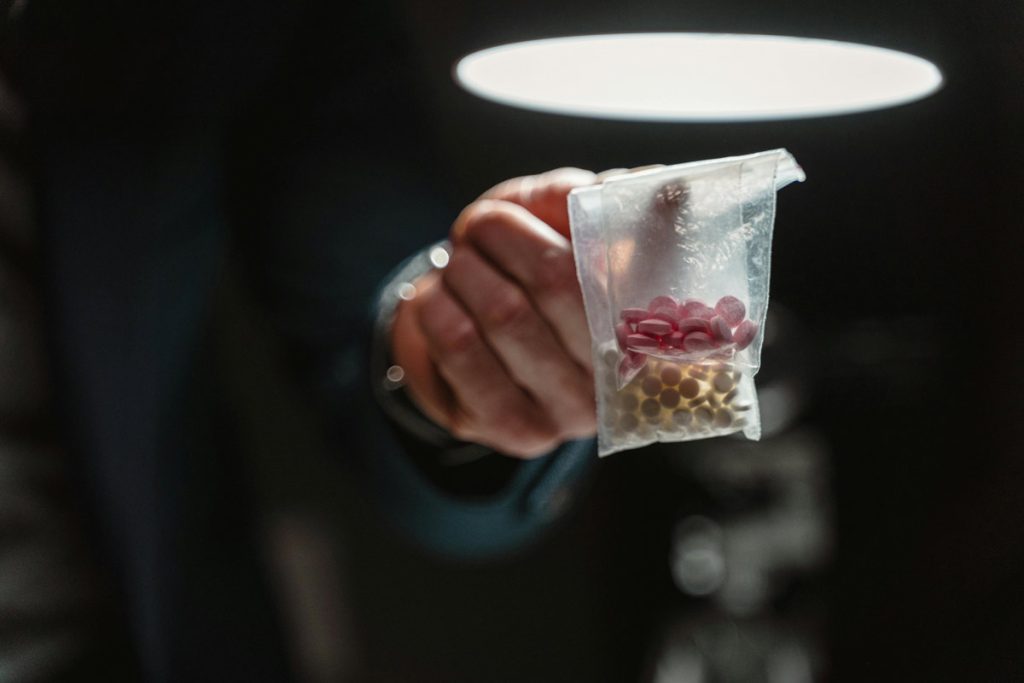Potentiation is a term widely used in psychiatry, pharmacology, and the study of substance use. It is the process by which one substance enhances the effects of another when used together, resulting in amplified therapeutic benefits or increased risks of adverse effects. Potentiation plays a significant role in psychiatric medication management, substance use, and understanding diagnostic criteria, often highlighted in media portrayals and discussions of notable figures in popular culture.
Potentiation in Psychiatric Medications
In psychiatric treatment, potentiation is often intentionally utilized to enhance the therapeutic effects of medications. Clinicians may combine drugs to achieve better outcomes in managing conditions such as depression, anxiety, schizophrenia, and bipolar disorder. This approach, known as pharmacological potentiation, can improve symptom control by targeting different pathways in the brain.
- Antidepressants and Antipsychotics – One typical example is the combination of antidepressants with antipsychotics in treatment-resistant depression. Drugs like aripiprazole or quetiapine are added to existing antidepressant regimens to potentiate their effects, often leading to improved mood stabilization and symptom relief.
- Mood Stabilizers and Anticonvulsants – In bipolar disorder, mood stabilizers such as lithium or valproate are often combined with anticonvulsants to potentiate their mood-regulating effects, providing more comprehensive management of manic and depressive episodes.
Potentiation in Drugs of Abuse
Potentiation is also a critical concept in substance use, often leading to increased risks when recreational drugs are combined. This is particularly concerning with drugs affecting the central nervous system, such as opioids, benzodiazepines, alcohol, and stimulants. When these substances are used together, the effects are not merely additive but exponentially greater, significantly raising the risk of overdose, respiratory depression, and death.
- “Speedballing” – This term refers to the combination of a stimulant (e.g., cocaine) with a depressant (e.g., heroin or fentanyl), a practice popularized in media portrayals of the 1970s and 1980s. Notable figures such as John Belushi and River Phoenix tragically died from complications associated with speedballing, highlighting the extreme dangers of potentiation in substance use.
- Benzodiazepines and Alcohol – Both substances enhance the neurotransmitter GABA’s effects, leading to profound sedation, impaired judgment, and increased risk of accidental overdose. Media depictions often showcase the dangerous consequences of these combinations, drawing attention to the risks associated with potentiation.
Impact on Diagnostic Criteria and Mental Health Outcomes
Potentiation also influences how psychiatric conditions are diagnosed and managed. The amplified effects of drug combinations can mimic or worsen psychiatric symptoms, complicating the diagnostic process. For instance, the potentiation of sedatives with alcohol may present symptoms resembling major depressive disorder or anxiety, making accurate diagnosis challenging without a thorough substance use history.
- Substance-Induced Disorders – Potentiation plays a role in substance-induced mood and anxiety disorders, where the combined effects of drugs can lead to acute psychiatric episodes. These conditions are recognized in diagnostic criteria, including those outlined in the DSM-5 (Diagnostic and Statistical Manual of Mental Disorders, Fifth Edition), emphasizing the importance of assessing potentiating substances when evaluating mental health symptoms.
Potentiation in Media and Notable Figures
The concept of potentiation has been explored in numerous films, documentaries, and media reports, often illustrating the complex and dangerous relationships between psychiatric drugs and substances of abuse. Movies with a pragmatic approach, like “Requiem for a Dream” and “Trainspotting,” portray the devastating effects of drug potentiation, highlighting the tragic spiral of addiction and overdose. These depictions serve as cautionary tales, reflecting real-world struggles and emphasizing the importance of understanding drug interactions.
Notable figures such as actor Heath Ledger, who died from the combined effects of prescription medications, have brought public attention to the dangers of potentiation. His tragic story underscores the importance of cautious medication management and awareness of potentiation, especially for individuals experiencing co-occurring mental health and substance abuse conditions.
Navigating Potentiation – Clinical and Personal Considerations
Potentiation is a double-edged sword—while it can be harnessed therapeutically in psychiatry, it also poses significant risks when involving drugs of abuse. Understanding potentiation is essential for clinicians, individuals, and families navigating psychiatric conditions or substance use. Recognizing the potential for amplified effects can inform safer medication practices, support accurate diagnoses, and prevent the often life-threatening consequences of unintentional drug interactions.
For those facing the challenges of substance use and mental health, seeking guidance from healthcare professionals is crucial. Proper management of potentiation effects can lead to better treatment outcomes, safer substance use practices, and a greater understanding of the complex interplay between psychiatric medications and drugs of abuse.
Author Bio: Mr. Carter is an experienced writer who focuses on mental health, psychiatric treatment, and substance use. With a deep understanding of pharmacology and the effects of drug interactions, he aims to educate readers on critical topics such as potentiation and its real-world implications. His work emphasizes the importance of safe medication practices and responsible care in mental health treatment.
Photo by MART PRODUCTION: https://www.pexels.com/photo/close-up-shot-of-drugs-in-a-plastic-7231226/
The opinions and views expressed in any guest blog post do not necessarily reflect those of www.rtor.org or its sponsor, Laurel House, Inc. The author and www.rtor.org have no affiliations with any products or services mentioned in the article or linked to therein. Guest Authors may have affiliations to products mentioned or linked to in their author bios.
Recommended for You
- Finding the Right Mental Health Treatment for Your Teen - March 31, 2025
- Breaking the Cycle of Veteran Homelessness and Mental Health Struggles - March 28, 2025
- Reclaiming Your Future: Effective Strategies for Addiction Recovery - March 26, 2025







